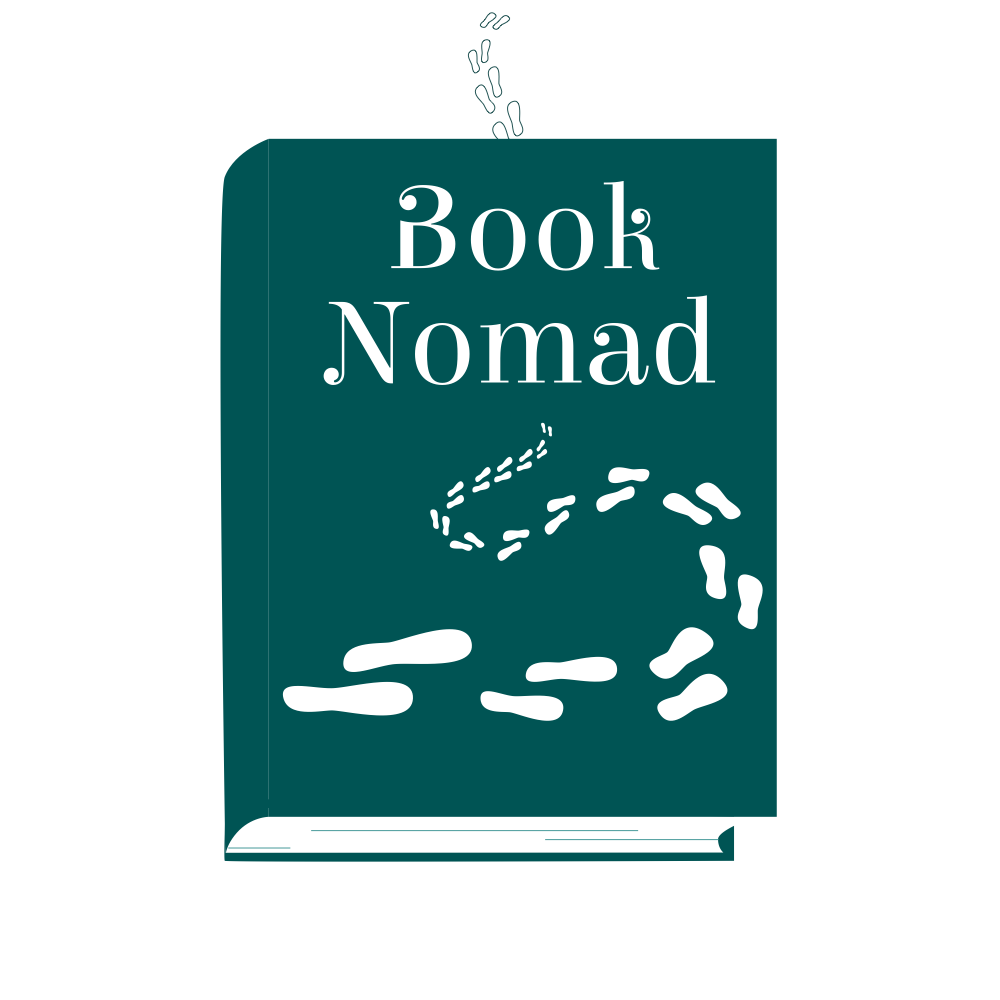[Spoiler alert: This novel is more about the journey than the ending, but if you don’t want the end spoiled I don’t advise reading this review]
Death is Hard Work (original Arabic title: الموت عمل شاق; trans. by Leri Price) by Khaled Khalifa tells the story of three somewhat-estranged siblings who are tasked with transporting their father’s dead body across present-day Syria to fulfill his final request to be buried in his hometown. Yes, it is as morbid as it sounds and not for sensitive readers, even if it is not as gory as it could have been in places. Through following this logistically and emotionally challenging journey, we are given insight into the lives of the three siblings and their family relationships, the current state of Syria, and in a metaphorical way, the trajectory of the civil war from before it started to the present. There is certainly nothing romantic about this story and it is bleak in its outlook, both of the characters’ individual lives and of the future of Syria.
The story is mainly told from the perspective of Bolbol, the youngest sibling and the one who, against his wishes, accompanied their father in his final days and received his last wish, but also shows us how the other siblings and their father have been living. By looking at the lives of the protagonists over multiple generations, we are taken through different periods of modern Syria: before the revolution and the difficulties of life then, the start of the revolution, the progress of the revolution to civil war, and the present chaos and continued fighting. We also discover that all three siblings had dreams of how their life would be and the type of person they would be in it, but none of these dreams have come to fruition, not because of the war, but due to their own foolishness and lack of courage. Despite this, all three characters do something honourable at some point in the story, which doesn’t make them more likeable, but makes them more human, perhaps. While the story follows these three live protagonists, it seems that the dead father is only one who got a happy ending and he achieved this by overcoming the fears of his youth and doing what he really believed in in his older age.

As is the case with a lot of literary fiction, this novel was heavily founded on metaphor. Since I “read” it as an audiobook, and wasn’t entirely focused, I have probably missed some of this, but was still able to appreciate some key points. Both the progression of the journey across Syria and the decomposing state of the corpse seem to represent the phases of the revolution and the condition of the nation respectively. What starts out as a seemingly simple journey that, under non-wartime conditions, should have been a two-hour drive turns out to have a lot of stops, detours and dead ends, like the revolution itself. It started with (somewhat) idealistic hopes, then started to become more difficult, as their optimism starts to fade, then the siblings start turning on each other until they are no longer speaking. Meanwhile, in the intense summer heat, the body of their father slowly deteriorates until by the end it is not even recognisable with the siblings swinging between wanting to just get rid of it to doing whatever they can to keep it intact until they reach their destination. They have almost forgotten that it was once the body of their father and it is referred to simply as “the body” or “it”.
The use of this almost satirical plot (transporting an increasingly rancid body across Syria) as a focus to allow the exploration of how the war has affected people and the country is a clever and powerful one. It becomes increasingly surreal and feels slightly insane like the main characters. Not only does it give us insight into how Syria works now, how the various groups function and the destruction of infrastructure, society, families and lives, but it also reflects a very pessimistic view of Syria’s present and future. The story is immersed in death in many forms and they are all portrayed as somewhat meaningless. This, combined with the unchanged personalities of the protagonists at the end of the novel, leaves the reader with a feeling of futility and hopelessness. Clearly, this book is very far from romantic in its portrayal of Syria and of its people and is not for someone hoping for an uplifting read, but I found that it gave me a new perspective and points of reflection that were different to other books I’ve read set in Syria, which are focused on much more honourable characters!
Note on the audiobook: If you’ve been following me for a while, you’ll know how sensitive I am to audiobook narrators, and particularly their ability to correctly pronounce non-English words. This audiobook was narrated by Neil Shah, who I don’t think speaks Arabic, quite evident from his pronunciation of Arabic names and words. However, he certainly gave it a try and did a decent job, so I actually didn’t mind. I imagine if it had been narrated by a Syrian, that would probably have added another dimension to the experience, but of course pronunciation is not the only criterion to consider when choosing a narrator.
Note on the cover: This novel has two covers for its English-language version. I like them both, but I think the newer Faber and Faber version reflects the book so effectively; I love it! It conveys the chaotic, almost psychotic, nature of the story very well.


0 Comments